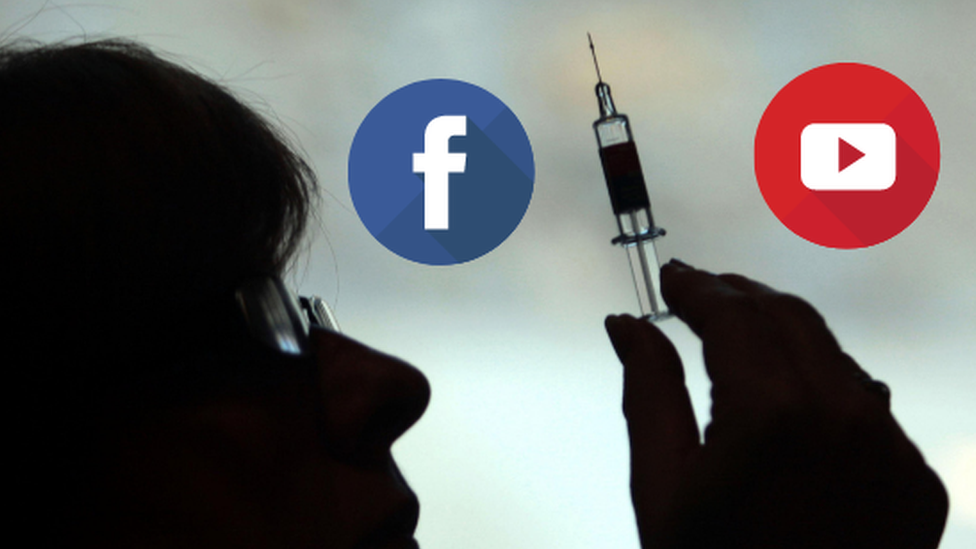Media and tech firms join forces to tackle harmful Covid vaccine myths
- Published
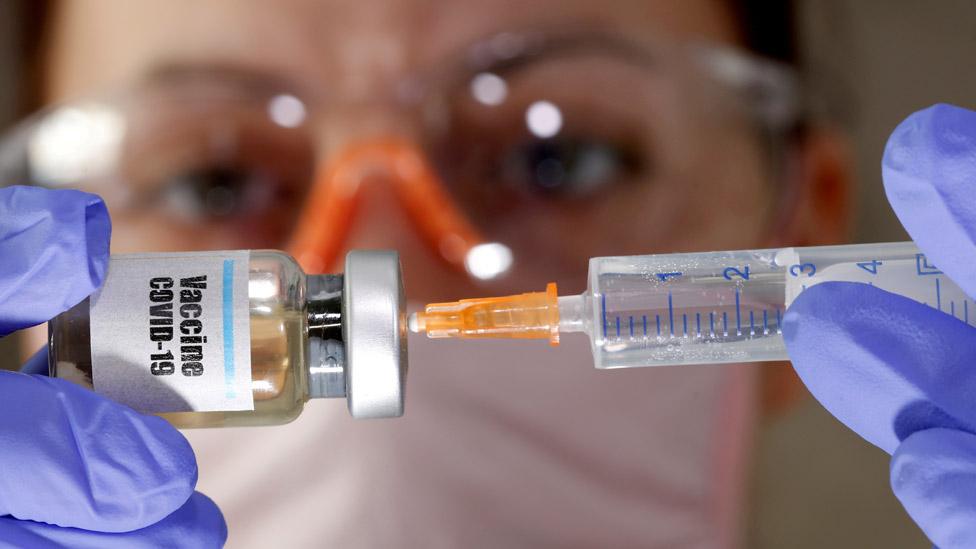
A coalition of news providers and tech companies has pledged to work together to tackle harmful misinformation about Covid-19 vaccines.
The Trusted News Initiative's members include the BBC, Reuters, Facebook, Google/YouTube and Twitter.
The project was set up last year to combat fake news around elections.
BBC director general Tim Davie said: "Whether it's a threat to our health or a threat to our democracy, there is a human cost to disinformation."
He said 2020 had seen "the rapid spread of harmful disinformation and a growing number of conspiracy theories online".
The project would not prevent "legitimate concerns" about vaccines being aired, but would attempt to stop "harmful disinformation myths", Mr Davie added.
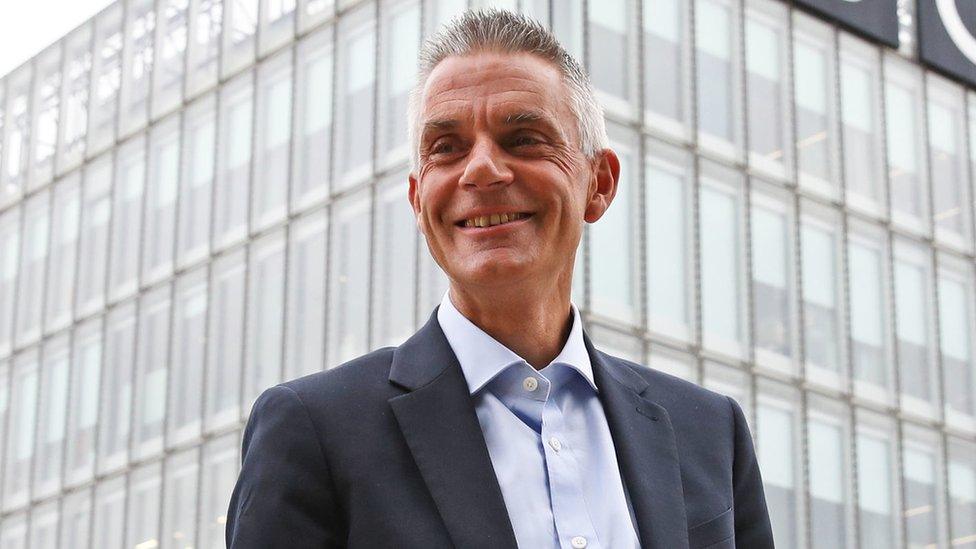
Tim Davie has expressed concerns about disinformation
False claims about the vaccines have been rife on social media. The World Health Organization has said the world is fighting an "infodemic" as well as a pandemic, with an overload of information - some of it false - making it difficult for people to make decisions about their health.
The Trusted News Initiative said its members would alert each other to "disinformation which poses an immediate threat to life so content can be reviewed promptly by platforms, whilst publishers ensure they don't unwittingly republish dangerous falsehoods".
YouTube, Facebook and Twitter already say they will remove harmful and misleading claims, and the companies are part of another group with fact-checkers, governments and researchers to come up with a new way of tackling misinformation.
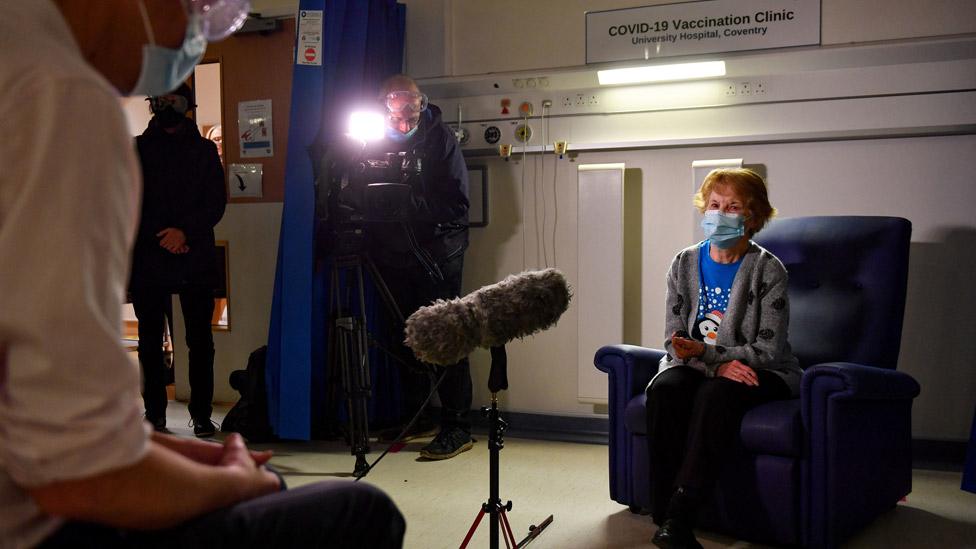
Margaret Keenan, 90, became a celebrity when she became the first person in the world to receive an approved Covid-19 vaccine
The roll-out of Covid-19 vaccines began in the UK this week.
The TNI members have already been working together in an attempt to tackle harmful false news around coronavirus and about elections in the UK, US, Myanmar and Taiwan.
The organisation has also announced a year-long research project into the effectiveness of different initiatives to prevent the spread of health disinformation.
The other members of the TNI are the Associated Press, Agence France Presse, CBC/Radio-Canada, European Broadcasting Union, Financial Times, First Draft, The Hindu, Microsoft, Reuters Institute for the Study of Journalism and The Washington Post.
- Published9 December 2020
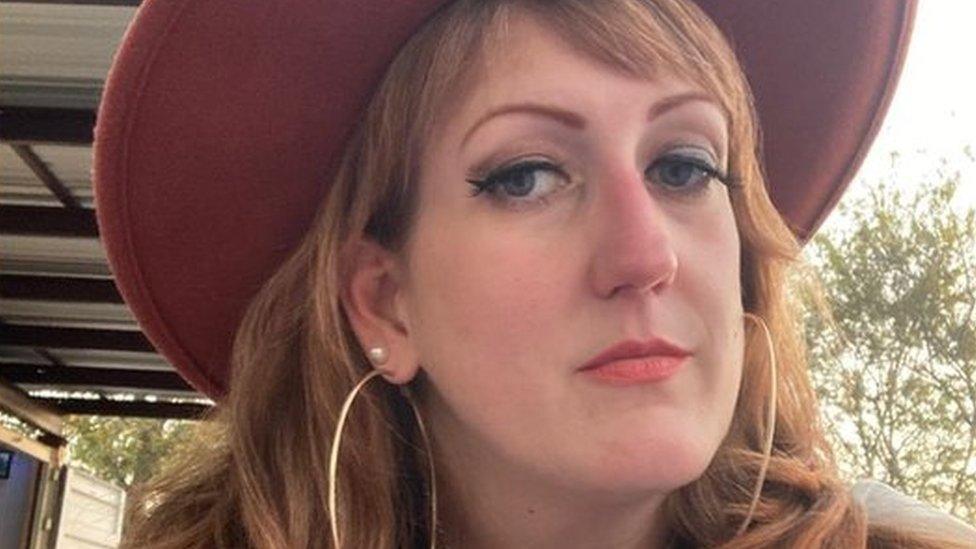
- Published3 December 2020
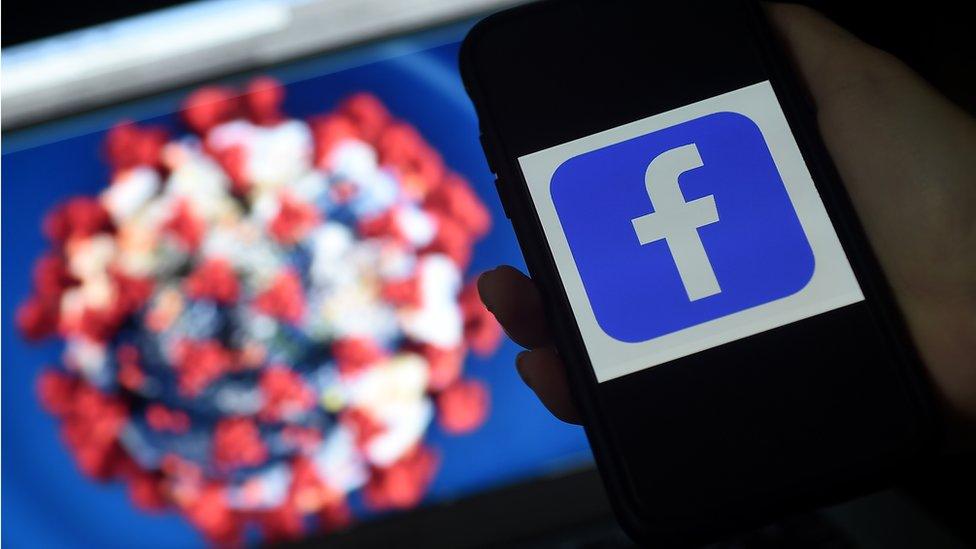
- Published2 December 2020
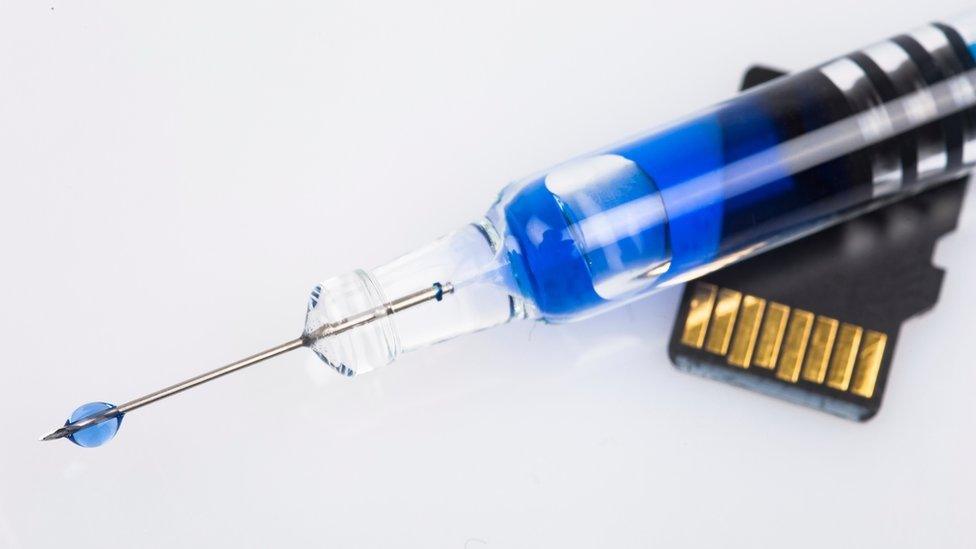
- Published25 November 2020
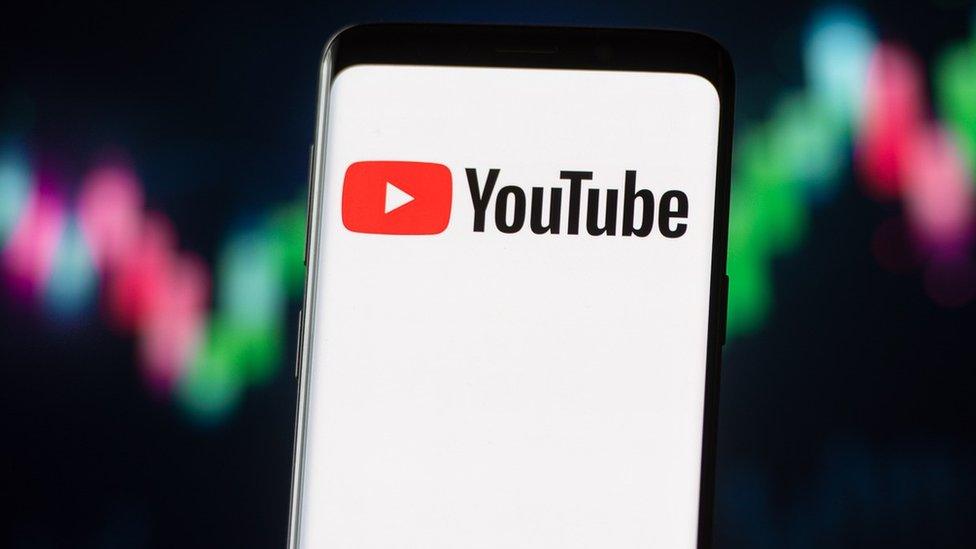
- Published15 November 2020
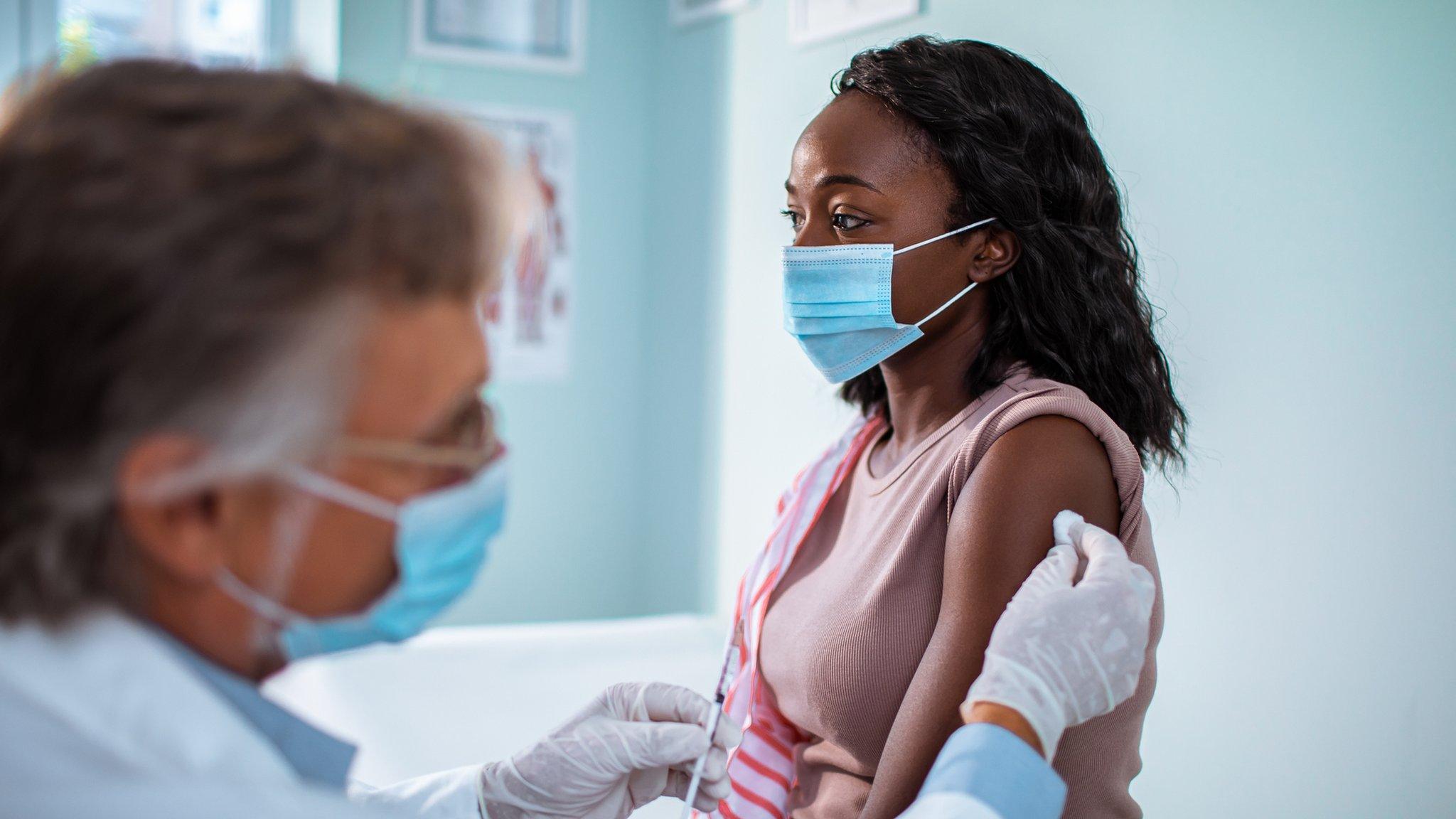
- Published14 October 2020
